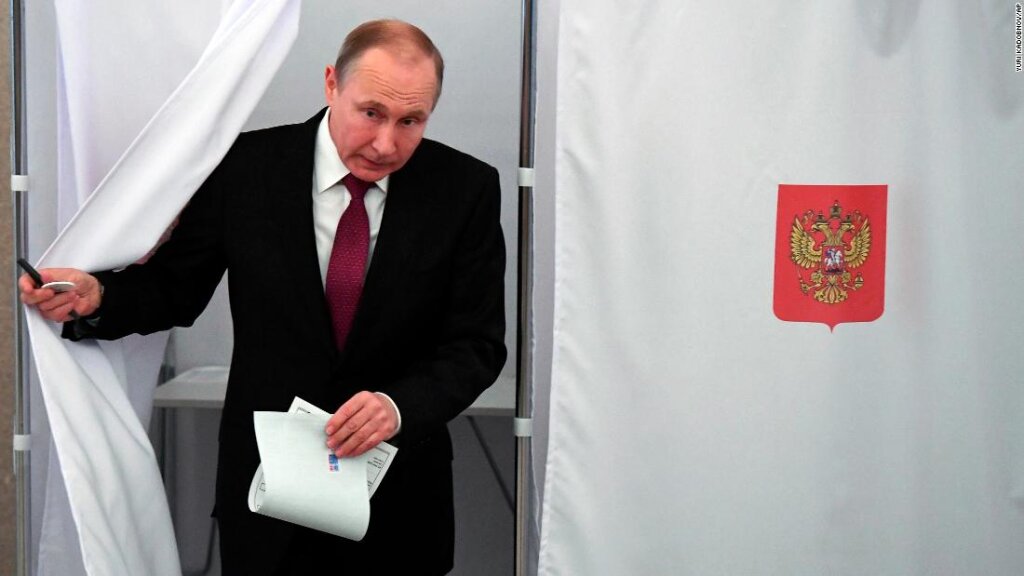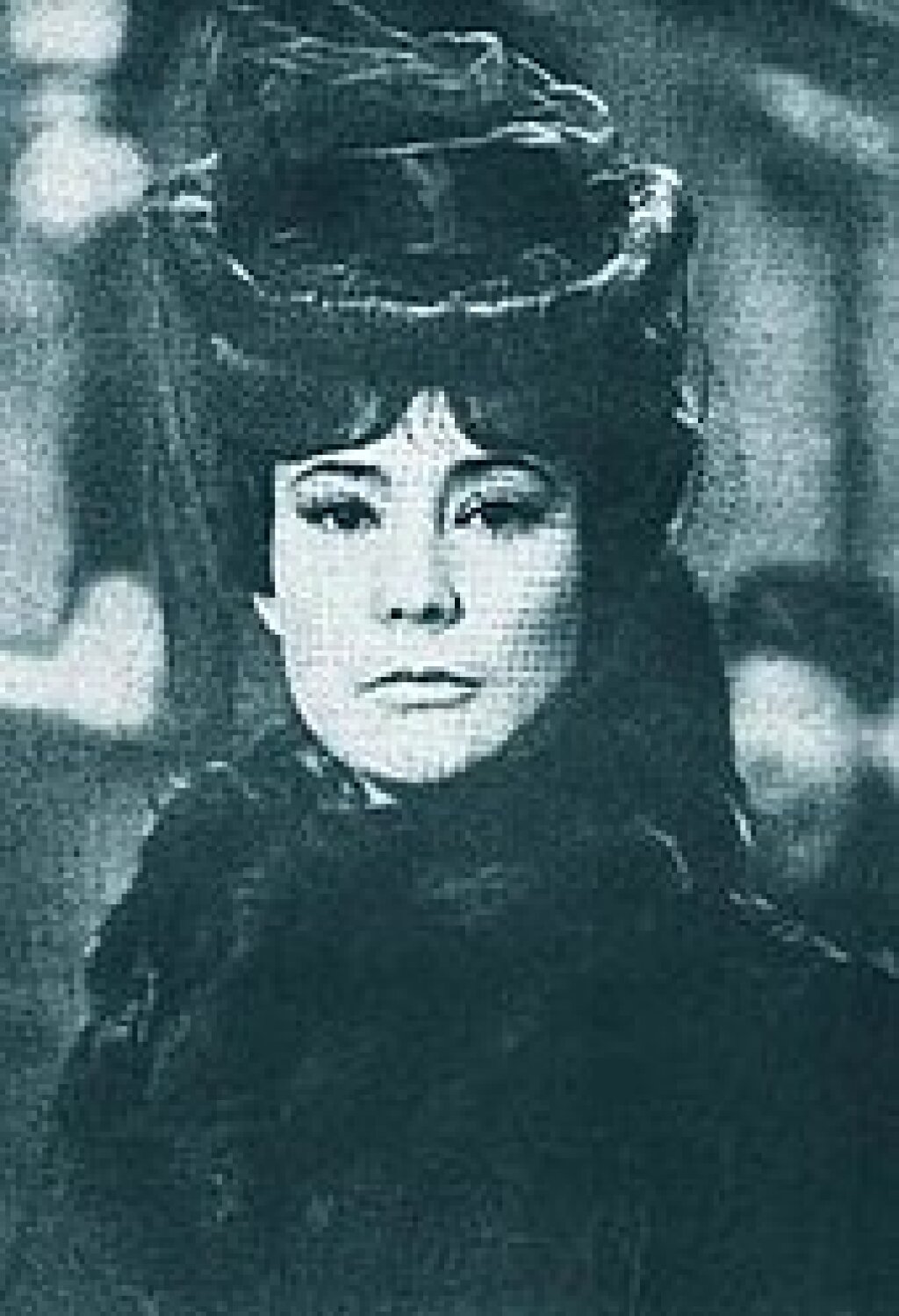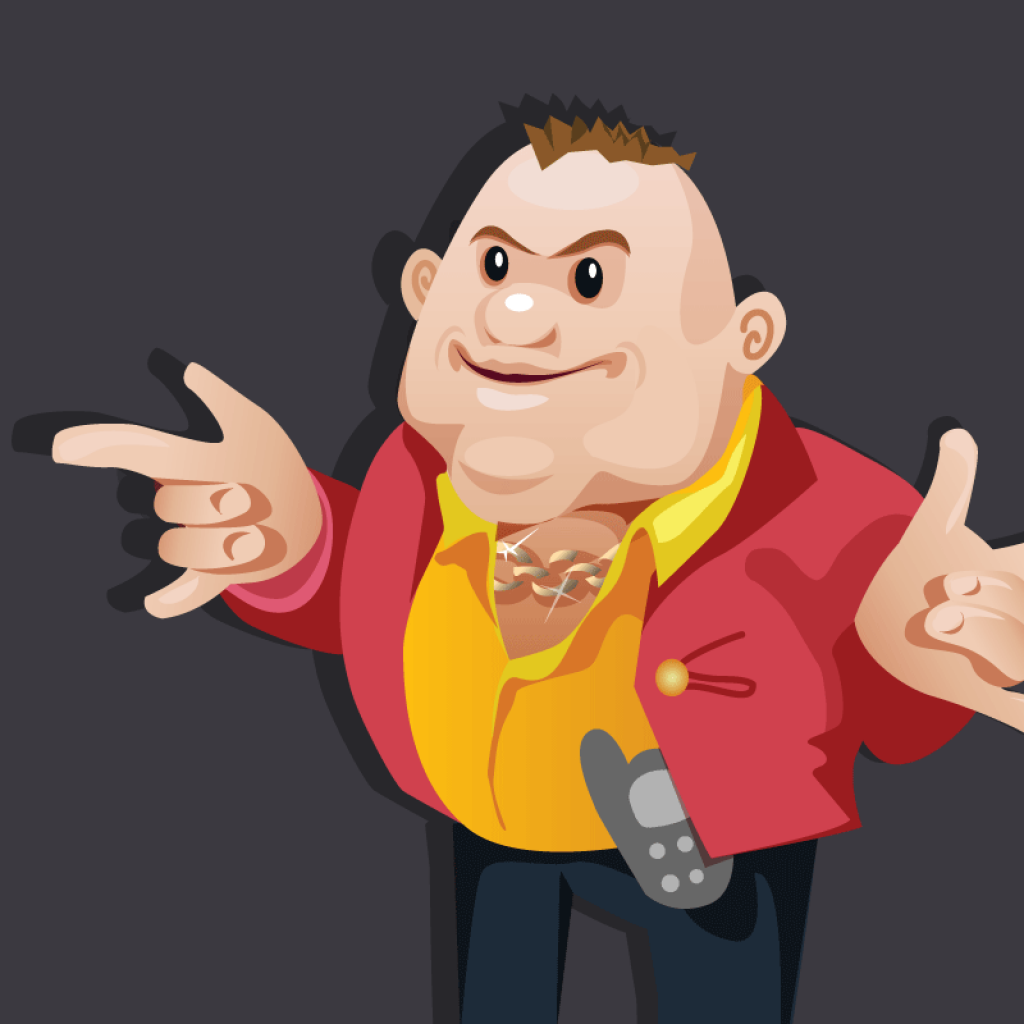A version of the following was originally posted to The Monkey Cage.
To nobody’s surprise, Russian President Vladimir Putin won reelection to a fourth term on March 18, by a wide margin. With Putin’s (last?) presidential election in the books, I reached out to my colleagues at PONARS-Eurasia for a quick take on the implications of Sunday’s election in Russia. Here’s what they had to say.
Brian Taylor, professor, Maxwell School, Syracuse University: Forget Russia’s “elections.” The key thing that happened Sunday is that Putin formally became a lame duck in a political system dependent on one man. Expect a big fight in the coming years about three options: 1) changing the formal rules to keep Putin in charge; 2) an informal arrangement to keep Putin in charge without changing the formal rules; 3) a designated successor. In 2008, Putin went for a combination of 2 and 3.
Pavel Baev, research professor, Peace Research Institute Oslo: The international background for the elections in Russia was distorted by the sharp crisis in relations with the U.K. This illuminated one unusual feature of Putin’s foreign policy agenda for the new term: It is nearly completely absent.
The big plan for building the Eurasian Union is all but abandoned; the partnership with China has lost momentum; the “victory” in Syria is badly damaged by the new spasms of fighting and growing casualties — and the opportunities for combining confrontation with cooperation in relations with the United States have evaporated. Bragging about “wonder missiles” doesn’t help at all in compelling the West to listen to denials of too many crimes.
Kimberly Marten, Ann Whitney Olin professor of political science, Barnard College, Columbia University: The circus acts (yes, there were high wires and clowns) going on at some polling stations were fun to watch, but there were no real surprises here — except that no one stopped people from broadcasting videos on social media of widespread ballot box stuffing.
It will be interesting to see if the Kremlin says or does anything in response to those videos, and whether they have any effect on public opinion about Putin’s legitimacy going forward. Probably they will be quickly forgotten, but there’s always the possibility that someone like Alexei Navalny, an opposition figure barred from participating in this election, will pick up on them to galvanize post-election protests.
Farid Guliyev, independent scholar based in Baku, Azerbaijan: In the famous words of political scientist Adam Przeworski, democracy is a system in which incumbents lose elections. But in Russia and other post-Soviet countries, increasingly the opposite seems to be true. Like a scenario in George Orwell’s “1984,” Putin sits on top of a pyramid of power backed up by state ownership of vast natural resources, control and manipulation of mass media, and the state security apparatus. It is hard to imagine how the ballot box could demote him from that apex.
One thing is clear: The stronger Putin’s Russia becomes, the more tempted it will be to project its power and influence onto its post-Soviet neighbors. Putinism in Russia (coupled with Trump’s assault on checks and balances in the U.S. and cutbacks in U.S. foreign assistance to democratic causes in foreign countries) is likely to eclipse the already dim prospects of democratization in the ex-Soviet states.
Henry Hale, professor, George Washington University: While the big result for Putin seems to reflect continuity and stability, Russia now enters a period of unsettling uncertainty. Here’s the big issue: Putin cannot run again without changing the constitution. Positioning for a possible succession struggle is already on the minds of Russia’s political class. In this light, any changes Putin may make to the cabinet in the next few months will be very interesting to watch.
Mariya Y. Omelicheva, professor, University of Kansas: The preliminary results announced by Russia’s Central Election Commission show that voters’ turnout was quite high (67% compared to 65% in 2012) considering that there were no viable alternative to the incumbent. For the Kremlin, this represents the endorsement of any future policy. For Russia-watchers, it is a reminder that Mr. Putin is widely popular among Russians, who have higher trust in the president that any other political institution at home or abroad.
Vladimir Gel’man, professor, European University at St.Petersburg and University of Helsinki: March 18, 2018, became a landmark of further consolidation of Russia’s authoritarian regime. During presidential elections, the Kremlin got what it wants: Putin officially received more than half of the total number of votes in Russia. This victory may be widely perceived as a carte blanche for unchecked Putin’s rule well beyond the next six years. I cast no doubts that the new round of “tightening of the screws” in Russia’s domestic politics will culminate in constitutional reforms aimed to abolish presidential term limits in Russia.
Keith Darden, professor, School of International Service, American University: Between this election and the 2012 election, Russia has weathered a decline in per capita GDP of approximately 40%. If anyone thought sanctions or a decline in wealth were going to undercut Putin's popularity, they were wrong. Popularity is not democracy, but Putin remains popular and powerful. This is what consolidated non-democratic rule looks like.
Joshua Tucker: My own two cents? The question will be whether we have entered the first stage of Putin as a lame duck. Even though the next election is six years away, Putin’s ability to control events in Russia will begin to dissipate as soon as it becomes clear he really is not running for reelection in 2024. Thus, it is in Putin’s interest to delay clarity on that point as long as possible. Chinese President Xi Jinpinghas recently demonstrated one way to do this: abolish term limits. Despite protestations by Putin to the contrary, it is worth watching to see if the door opened by Xi proves tempting to Putin in the future.



